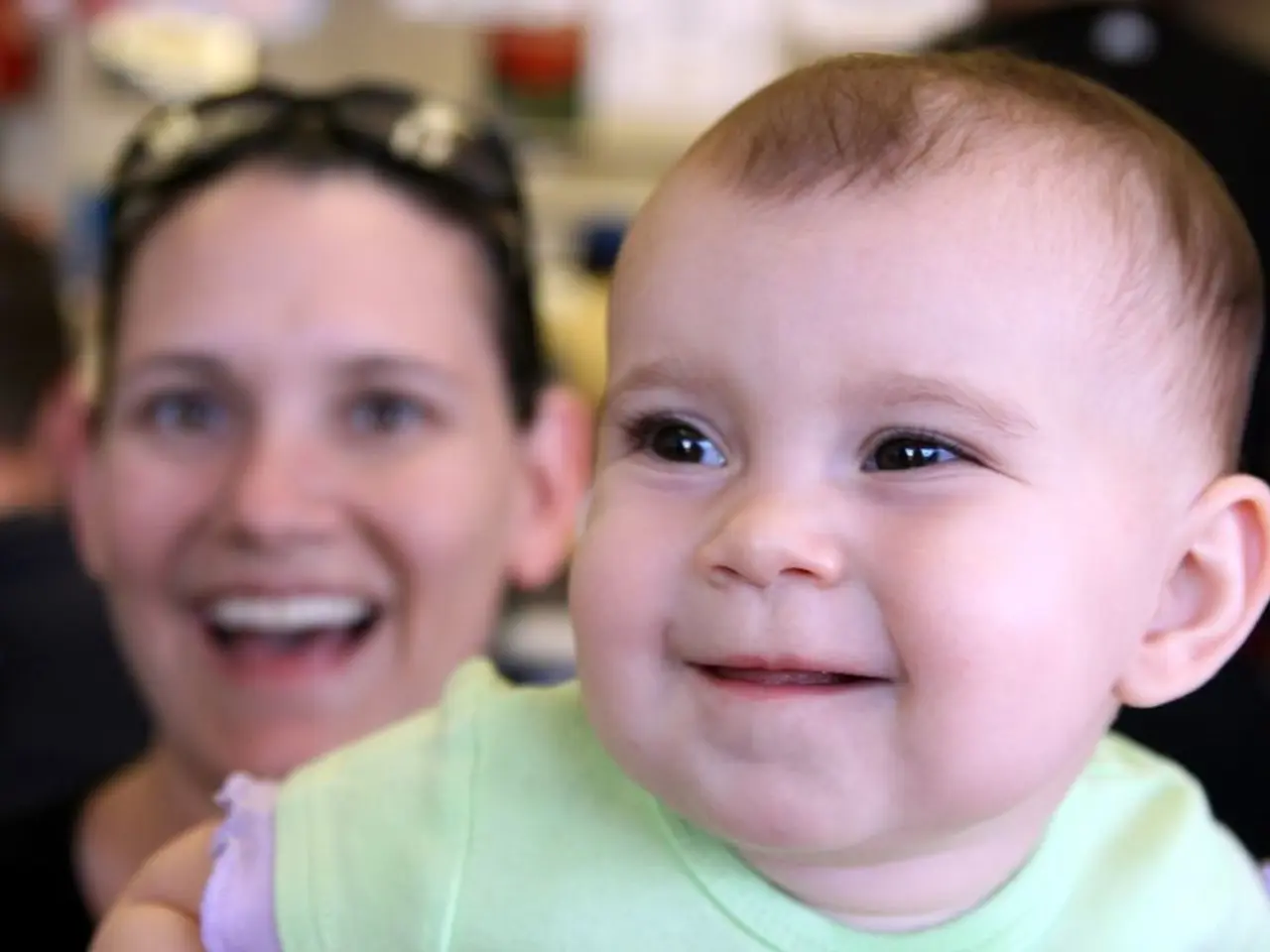Struggles with Openness Among Indian Parents and Its Significance Explained
In today's world, the role of a parent extends beyond providing for their children. A growing body of research suggests that being vulnerable - opening up about one's emotions and struggles - can significantly impact a child's emotional well-being and personal development.
Vulnerability, as defined by Merriam-Webster's dictionary, is the capability of being physically or emotionally wounded, characterized by opening up, sharing struggles, expressing distress, asking for help, and letting others see one's real, unfiltered self. This trait, when exhibited by parents, can foster trust, intimacy, and connection.
When parents are vulnerable, children are more likely to come to them for help and support when times are tough. This openness creates a safe space where children feel comfortable sharing their own feelings and experiences. Active listening, without judgment, can help establish a foundation of trust. Validating emotions and acknowledging them before offering support can help open up children to vulnerability.
Being vulnerable as a parent can deepen the connection with one's children by allowing them to see that one is human and can feel difficult emotions. This can make children feel safer to talk to and share themselves. Sharing personal struggles can empower children with knowledge and wisdom.
Parental vulnerability can lead to accountability and change in both parents and children. It encourages children to learn from their own mistakes. When parents share their mistakes, they model the importance of self-reflection and growth, teaching children valuable life lessons.
However, vulnerability often accompanies fear, such as the fear of judgment, rejection, or misunderstanding. Establishing clear boundaries and respecting "no" is crucial in creating a safe space for vulnerability. Being patient and understanding that vulnerability takes practice is essential. Regular check-ins can help maintain a continuous process of creating a safe space for vulnerability.
In collectivistic cultures like India, emotional expression is often suppressed, making vulnerability less common. Yet, the changing generations may lead to a shift in this mindset. Parental vulnerability can exhibit empathy, compassion, and forgiveness, qualities highly valued in any culture. Sharing personal struggles can empower children with knowledge and wisdom, breaking the cycle of emotional suppression.
Parenthood is often idealized, and parents are expected to be strong, composed, patient, know-it-alls, etc. However, it's important to remember that parents are humans with emotions and struggles. Being vulnerable as a parent can make parents more relatable and approachable, fostering a healthier parent-child relationship.
In conclusion, parental vulnerability is one of the most courageous forms of expression. It allows children to take ownership of their lives, stand back up after falling, and understand that they are not alone in their struggles. By being vulnerable, parents can create a safe space for their children to grow, learn, and thrive.
Read also:
- Understanding Hemorrhagic Gastroenteritis: Key Facts
- Stopping Osteoporosis Treatment: Timeline Considerations
- Tobacco industry's suggested changes on a legislative modification are disregarded by health journalists
- Expanded Community Health Involvement by CK Birla Hospitals, Jaipur, Maintained Through Consistent Outreach Programs Across Rajasthan








